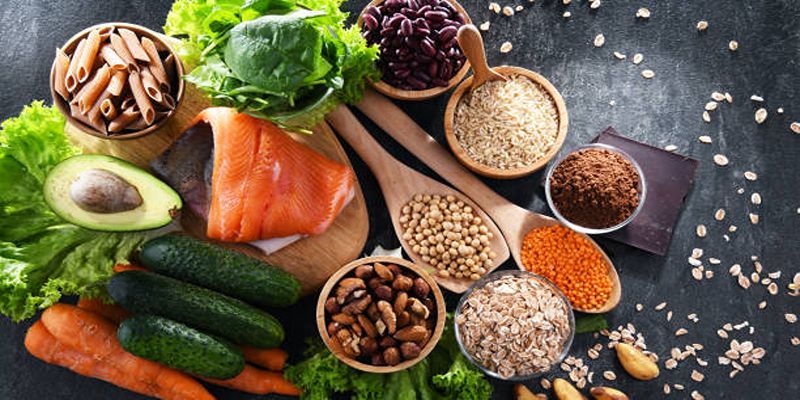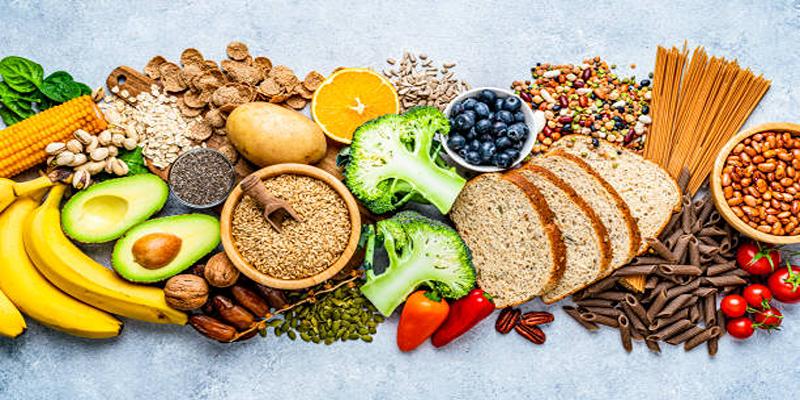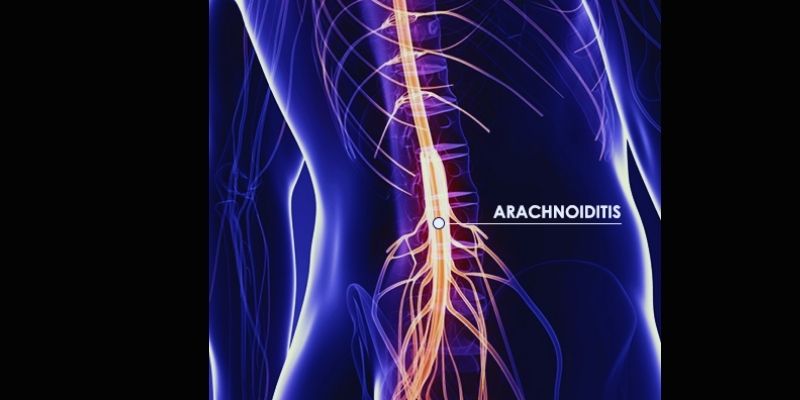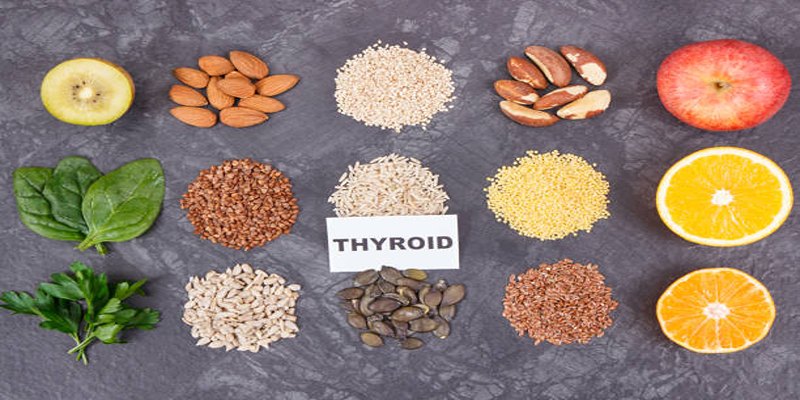Boosting your metabolism doesn’t have to be complicated. By including the right vitamins and minerals in your diet, you can naturally support your body’s ability to burn energy and feel more energized throughout the day. These nutrients play a key role in keeping your system running smoothly and can make a big difference in your overall health.
What Is Metabolism and Why Does it Matter?

The chemical processes by which your body transforms food into usable energy make up your metabolism. Your metabolism drives every necessary bodily function no matter what activity you perform. A well-functioning metabolism helps your body burn calories efficiently, maintain healthy hormone levels, and keep your energy levels steady throughout the day.
Weight gain and fatigue along with mood swings can appear when metabolism slows down. The performance of metabolism depends heavily on nutrition but genetics and age control some of its function.
Key Vitamins That Supercharge Your Metabolism
1. B-Vitamins (B1, B2, B3, B5, B6, B7, B9, B12)
B-vitamins are your metabolism’s best friends. Each one plays a specific role in breaking down fats, proteins, and carbohydrates into energy.
How They Help:
- Vitamin B6 (pyridoxine) helps convert stored glycogen into glucose, a primary energy source.
- Vitamin B12 assists in the formation of red blood cells and supports energy production.
- Vitamin B7 (biotin) strengthens the metabolism of carbohydrates and proteins.
Sources to Try:
- Whole grains like barley and oats
- Leafy greens such as spinach
- Eggs, dairy, and lean meats like chicken or turkey
- Fortified cereals
2. Vitamin D
Did you know vitamin D also plays a role in metabolism? While it’s popularly known for bone health, new research shows that vitamin D improves insulin sensitivity and supports fat metabolism.
How It Works:
Vitamin D regulates the hormones that impact weight control, particularly leptin, which signals when you're full. Deficiencies in this vitamin have been linked to slower metabolic rates and weight gain.
Best Sources:
- Fatty fish like salmon, tuna, and mackerel
- Egg yolks
- Fortified foods like milk and orange juice
- Sunshine! (Try spending 10–30 minutes outdoors daily for a natural boost.)
3. Vitamin C
This antioxidant powerhouse doesn’t just fight colds. Vitamin C has also been proven to improve fat oxidation, especially during exercise. A deficiency can lead to slower fat breakdown and lower energy.
Boost Your Vitamin C Levels With:
- Citrus fruits like oranges, lemons, and grapefruits
- Kiwis, peppers, and strawberries
- Broccoli and Brussels sprouts
Essential Minerals That Power Your Metabolism
4. Magnesium
Magnesium is a vital mineral, supporting over 300 biochemical reactions in the body and playing an essential role in overall health. It helps maintain proper nerve and muscle function, regulates blood sugar levels, and strengthens the immune system. Additionally, magnesium boosts energy production and can enhance exercise performance, making it a cornerstone of physical well-being.
Top Magnesium Sources:
- Leafy green vegetables like spinach and kale
- Whole grains like quinoa and brown rice
- Nuts such as almonds and cashews
- Avocados
5. Iron
Iron helps build hemoglobin, which carries oxygen to all parts of your body, including your muscles. More oxygen equals better energy and improved metabolic efficiency.
Nourishing Sources:
- Lean red meat, poultry, and fish
- Lentils, chickpeas, and edamame for plant-based options
- Dark chocolate (choose one with at least 70% cocoa for added benefits)
Pair iron-rich foods with Vitamin C to enhance absorption, especially if you’re getting your iron from plant-based sources.
6. Zinc
Zinc primarily aids in regulating thyroid function, which controls how quickly your body burns calories. A healthy thyroid is vital for effective metabolism.
Foods Packed with Zinc:
- Oysters (the richest source of zinc)
- Shellfish like crab and lobster
- Legumes such as lentils and chickpeas
- Sunflower seeds and cashews
7. Iodine
Another crucial mineral for thyroid health is iodine. Without sufficient iodine, your thyroid can't function optimally, leading to a sluggish metabolism.
Top Iodine Sources:
- Seaweed (a fantastic option if you love sushi!)
- Dairy products like milk, yogurt, and cheese
- Eggs
- Iodized table salt (in moderation)
8 . Vitamin D
Vitamin D is essential for maintaining strong bones and teeth, but it also plays a role in thyroid health. Research has shown that vitamin D deficiency is linked to an increased risk of developing autoimmune thyroid diseases like Hashimoto's.
Top Vitamin D Sources:
- Sunlight (your body produces vitamin D when exposed to sunlight)
- Fatty fish such as salmon, tuna, and mackerel
- Fortified dairy products and cereals
9 . Selenium
Selenium is a trace mineral that helps regulate thyroid hormone production and function. Low levels of selenium have been linked to an increased risk of thyroid disease, including Hashimoto's. It also has antioxidant properties that can help reduce inflammation in the body.
Top Selenium Sources:
- Brazil nuts (just 2-3 nuts a day can provide your daily requirement)
- Tuna, halibut, and sardines
- Eggs and beef liver
Tip for Supporting Metabolism

- Stay Hydrated: Drinking enough water is crucial for maintaining an efficient metabolism. Dehydration can slow down metabolic processes, so aim for at least 8 glasses of water per day.
- Eat Small, Frequent Meals: Consuming smaller meals more frequently throughout the day can help keep your metabolism active. Avoid long gaps without eating, as this can lead to a slower metabolic rate.
- Include Protein-Rich Foods in Your Diet: Protein requires more energy to digest than fats or carbohydrates, which can temporarily boost your metabolism after a meal. Include lean meats, fish, beans, or tofu in your meals.
- Stay Active with Regular Exercise: Incorporating physical activity, especially strength training and high-intensity interval training (HIIT), can build muscle and increase your resting metabolic rate.
- Get Enough Sleep: Poor sleep can disrupt the hormones that regulate appetite and metabolism. Ensure you’re getting 7-9 hours of quality sleep per night.
- Don't Skip Breakfast: Starting your day with a nutritious breakfast can jumpstart your metabolism and set the tone for healthy eating throughout the day.
Conclusion
Your metabolism doesn’t have to be a mystery, and improving it doesn’t require drastic changes. By prioritizing foods rich in vitamins and minerals, you can naturally fuel your body, enhance energy production, and create lasting health benefits. Remember, it’s all about sustainability. Start small by including a few of these key nutrients in your diet, and watch as your energy levels and overall well-being soar. Take the next step today by swapping out nutrient-deficient snacks for a handful of nuts or adding a spinach salad to your daily routine.












